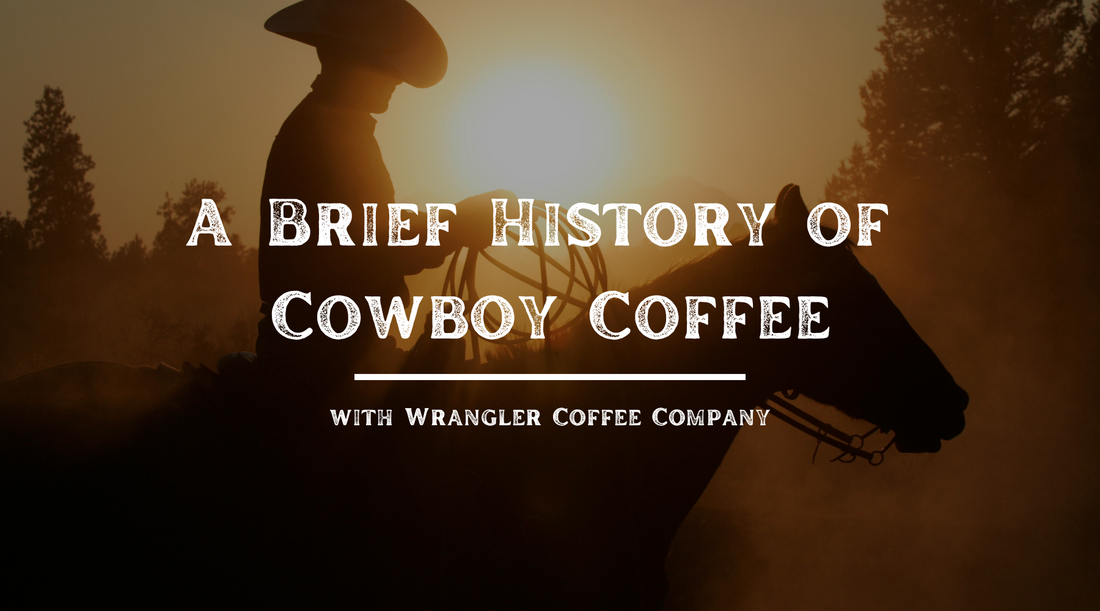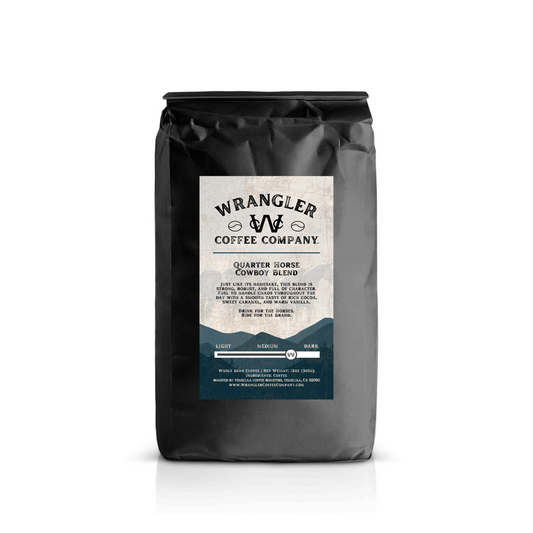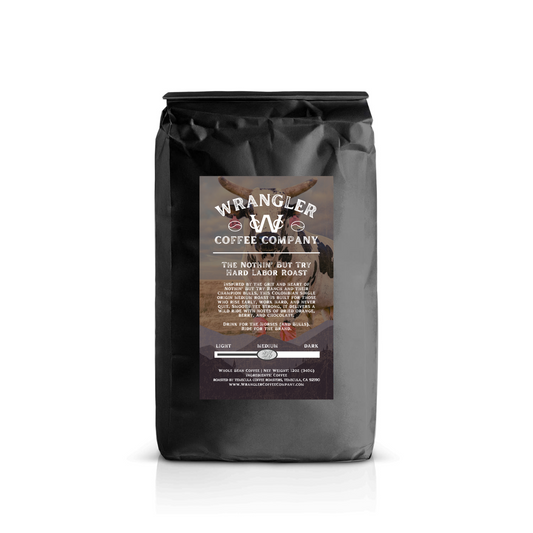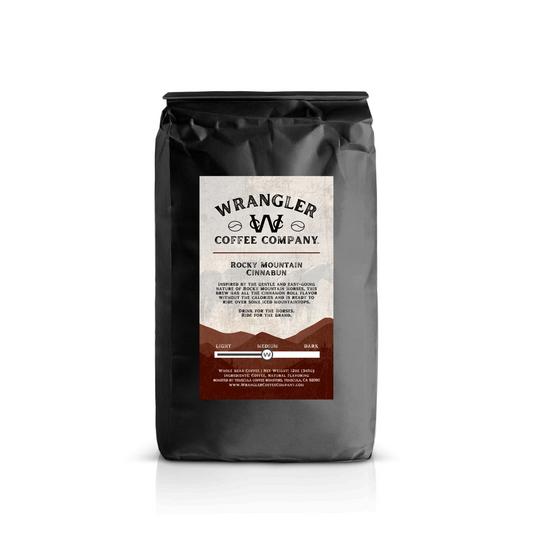
A Brief History of Cowboy Coffee
Share
Cowboy coffee, also known as campfire coffee, is a simple but strong brew that has been a staple of the American West for over a century. But where did this rustic and robust drink come from? Believe it or not, the origins of cowboy coffee, and the general popularity of coffee in the United States, can be traced back to the 1700s. Let's take a quick look at the history of cowboy coffee.
As the heavily indebted British Empire began to impose heftier taxes on colonial Americans (via the Stamp Act, Townshend Acts, and Tea Act) and discontent over the lack of equitable representation in parliament grew, tea became a symbol of British oppression and resulted in coffee becoming the preferred drink among colonists.
Come the 1800s, Cowboys and ranch hands needed a way to quickly and easily make coffee while on the trail, often brewing it in a metal can over an open flame. This method of brewing coffee is known as "cowboy style," and it involves simmering the course coffee grounds in water.
Because the coffee grounds are not filtered out, cowboy coffee can become quite strong and bitter if left to sit for too long. To counteract this, cowboys often added a pinch of salt or eggshells to the pot, which would help to reduce the bitterness.
As the American West became more settled and coffee became more widely available, the popularity of cowboy coffee waned. However, it has remained a favorite of cowboys and even campers, who appreciated its simplicity and ruggedness.
Today, cowboy coffee has experienced a bit of a revival, with many coffee aficionados seeking out this rustic and authentic brew. There are even cowboy coffee competitions held across the United States, where participants compete to brew the best pot of cowboy coffee over a campfire.
So the next time you're out in the wilderness or just feeling adventurous, why not try making a pot of cowboy coffee? With a little bit of practice and a pinch of salt, you might just discover a newfound appreciation for this rugged and traditional brew with us at WCC.
For more information on how to make Cowboy Coffee, check out our recipe here or our Cowboy Coffee page.





1 comment
is there a recipe for the method?